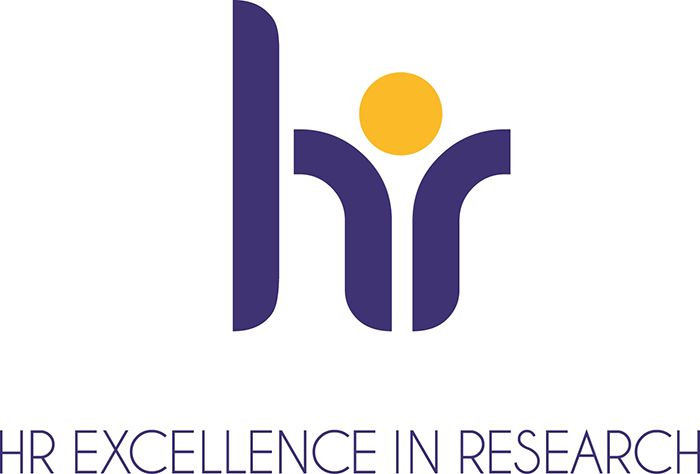
TU-ID: 141 | 2025 | 24 | 253630

University Assistant Prae-Doc (all genders)
30 hours/week | limited to 4 years
At the Atominstitut, in the research group Medical Radiation Physics in collaboration with the Institute of High Energy Physics (HEPHY), TU Wien is offering a position as university assistant (prae-doc) with 30 hours/week. The position is limited to expected 4 years. Expected starting date: September - November 2025.
Proton and ion beam therapy is now an established method of cancer treatment at many facilities around the world, including MedAustron in Wiener Neustadt/Austria. In order to ensure the effectiveness of the therapy, the planning of the irradiation using modern imaging techniques is crucial. Ideally, these treatment plans, which describe the material along the ion trajectory (stopping power), should be based on imaging techniques using the same particle species as the therapy. For this reason, the use of ion computed tomography (iCT) to estimate the stopping power of the irradiated material was proposed 40 years ago. However, no system has yet met all the requirements for clinical implementation, mainly due to high clinical particle flux.
The successful candidate will contribute to ongoing research in ion beam therapy by developing novel methods utilising fast detector technologies for use in ion imaging at high particle flux, with a particular focus on time-of-flight (ToF) iCT.
Tasks:
- Support the ToF-iCT activities at TU Wien, HEPHY and the Gesellschaft für Schwerionenforschung (GSI)
- Main place of work is the Institute of High Energy Physics (HEPHY) in Vienna / Austria
- Commissioning of a ToF-iCT demonstrator utilising ultra-fast silicon detectors (low-gain avalanche diodes (LGADs))
- Participation in beam times at the therapy and research centre MedAustron in Wiener Neustadt / Austria
- Experimental work with semiconductor detectors in the lab and in a clean room
- Development of fast 4D-tracking and particle identification algorithms for different ion species using large data sets
- Monte Carlo simulation (Geant4 / GATE) for comparison with experimental results
- Willingness to travel to international partners at GSI (Germany) and CREATIS (France)
- Day-to-day supervision of students
- Publication of scientific results and presentations at international conferences
Your profile:
- Master's degree in physics, electrical engineering, biomedical engineering or equivalent studies
- Ideally knowledge of solid-state particle detectors and associated readout electronics
- Knowledge in data analysis (Python or C++) is required
- Interest in Monte Carlo simulation (Geant4 / GATE) and embedded programming (Microcontroller, FPGA)
- Interest in medical physics and ion-beam therapy
- Ability to work both in a team and independently, problem-solving skills and innovative thinking
- Interest in working with students and industrial partners
- Very good skills in English communication and writing, German communication and writing skills are of advantage
We offer:
- Interdisciplinary and exciting field of work with a lot of research cooperation where particle physics meets applications in medicine
- Completion of a doctoral degree at the internationally renowned TU Wien
- Continuing personal and professional education and flexible working hours
- A range of attractive social benefits (see Fringe-Benefits)
People with special needs are equally encouraged to apply. In case of any questions, please contact the confidant for disabled persons at the university, Mr. Gerhard Neustätter.
Entry level salary is determined by the pay grade B1 of the Austrian collective agreement for university staff. This is a minimum of currently EUR 2,786.10/month gross, 14 times/year for 30 hours/week. Relevant working experiences may increase the monthly income.
We look forward to receiving your application until July 17th, 2025.
Carmen Keck | T: +43 1 588 01 406201
Here you can find also relevant information about the application process.



